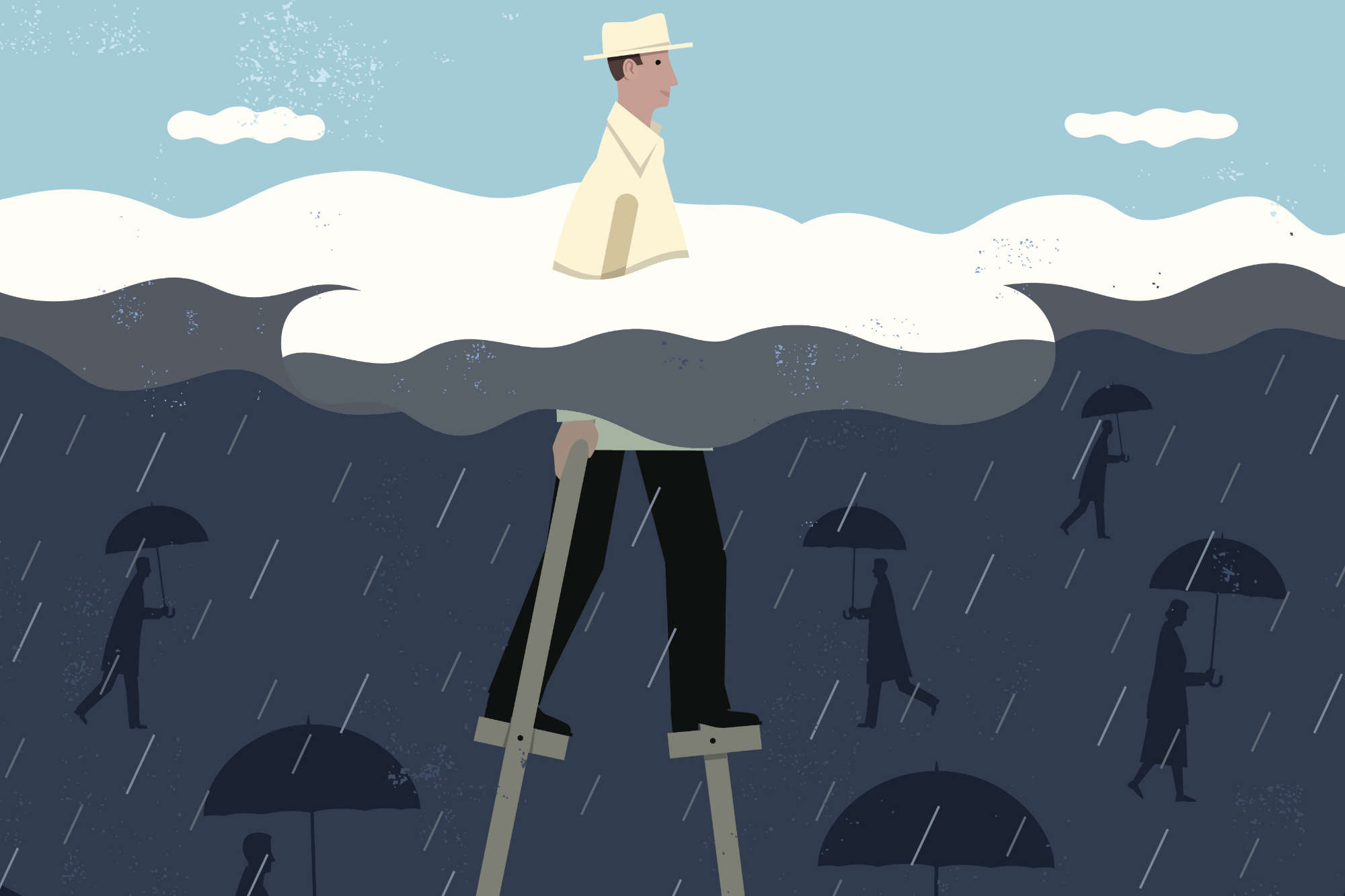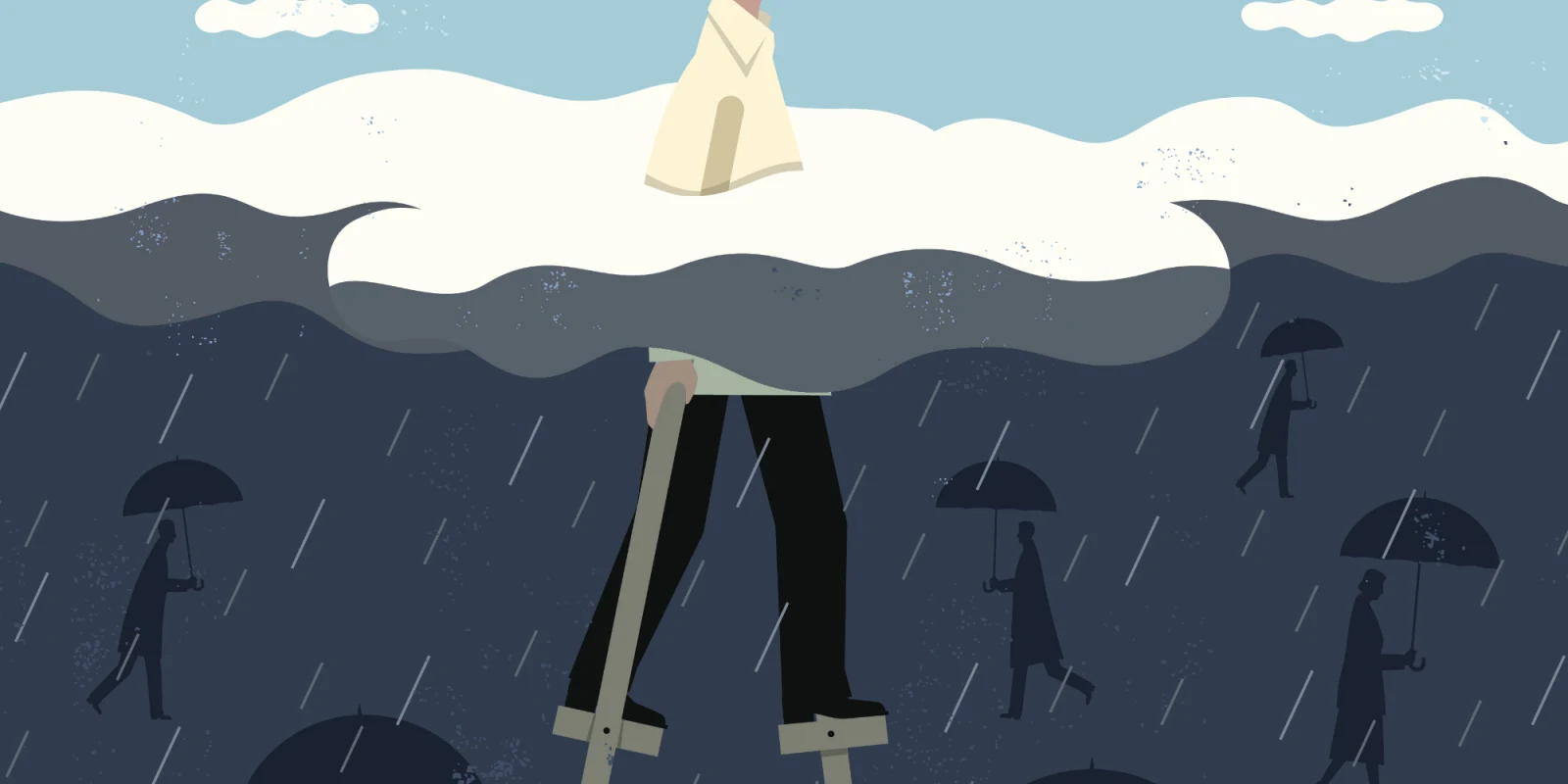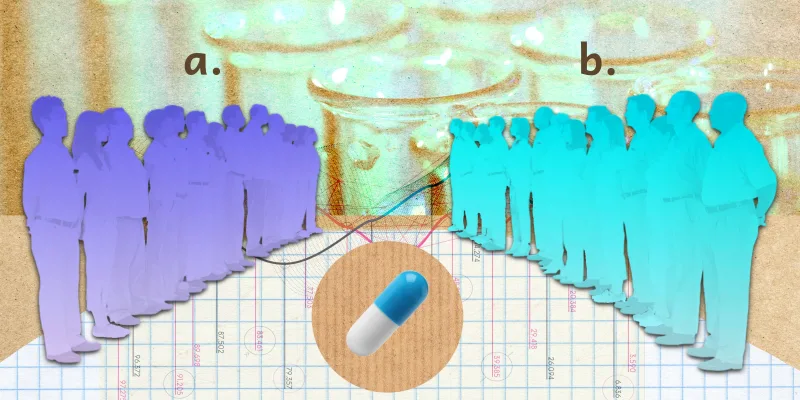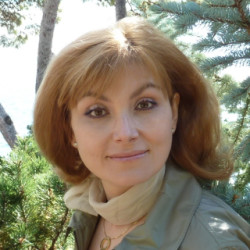
The majority of current headlines describe overworked, underpaid physicians who are struggling to get out of debt, unable to balance work and family, and suffering from burnout. I don’t see myself or my family in those depictions. This shouldn't come as a surprise, as I failed to see anyone who resembled my situation in high school, college, medical school, residency, or during my professional career. Maybe that is why I don't feel the pull many of my colleagues do to lament my unhappiness in a profession that has given me tremendous rewards, well beyond the imagination of a 16-year-old farm girl growing up in rural Minnesota during the 1970s.
When I was growing up, my only role models of working women were farm wives that were responsible for all of the housework and childcare, and also expected to help out in the fields and barnyards when their indoor work was done. My mom was seldom seen reading a book or chatting with friends. She enjoyed two vacations in the 18 years that I lived at home; one was a road trip to a fishing cabin that had only a hot plate for cooking meals. I knew early on that I wanted to live in a different world — one in which I used mental rather than physical labor and didn't depend on the whims of the weather for my paycheck.
In my rural community, the majority of girls attended trade school or got married after high school. But I loved my science classes. Burying my nose in books in the evenings and striving to be at the top of my class set me apart from my high school classmates early on. Pursuing a pre-med major in college meant that most of my classmates were male and my girlfriends didn’t understand the hours and lab time science classes required. But the extra hours devoted to study seemed a small price to pay for the privilege of a college education that would allow me career opportunities that my parents, who had only high school degrees, were never able to enjoy.
During medical school, I found more female companionship; women who shared my passion for science and love of dissection lab more than they cared about the latest fashion. I was also fortunate to find a specialty that I loved. Obstetrics and Gynecology combined my love of the operating room with my desire to provide continuity of care for women. The hours of residency were arduous, but the promise of fewer work hours and future economic freedom made the weekly all-night shifts tolerable. Additionally, my salary during residency provided an income that allowed me the ability to explore the world beyond the limited view available when I was growing up in rural America.
Once I was in private practice, my husband and I made up for lost time and welcomed five children to our family in the space of 10 years. I will be forever grateful that our incomes allowed us to employ a nanny and someone to clean our house, options that were unimaginable for women in my mother’s position. Women in her generation were expected to quit their jobs once children arrived. I love my children, but I also love my job and the mental stimulation it gives me each day. I am a substantially better physician and mother when I am able to have both. The generous income of a physician has allowed my family to take vacations to places where other people cooked and cleaned, granting me the opportunity to relax and enjoy my children. That same income was used to fund college accounts for our children, as well as max out our retirement savings. Aside from income, there is the satisfying knowledge that I am able to make a difference in a woman’s life every day that I go to work.
There is no doubt that I work more hours than most women and have missed concerts, prom pictures, and other milestones in my children’s lives. And of course, I have made sacrifices in personal time. But the reward of a fulfilling job and the ability to make choices far outweighs any of the sacrifices that this career involves. I just wish that more physicians would focus on the benefits rather than the shortcomings.
Dr. Leslee Jaeger is an Ob/Gyn and a 2018–2019 Doximity Author. She is a mom to three biological and two adopted children, and is an advocate for women’s health domestically and internationally. She loves good food and good books, and also blogs about her family and work.







